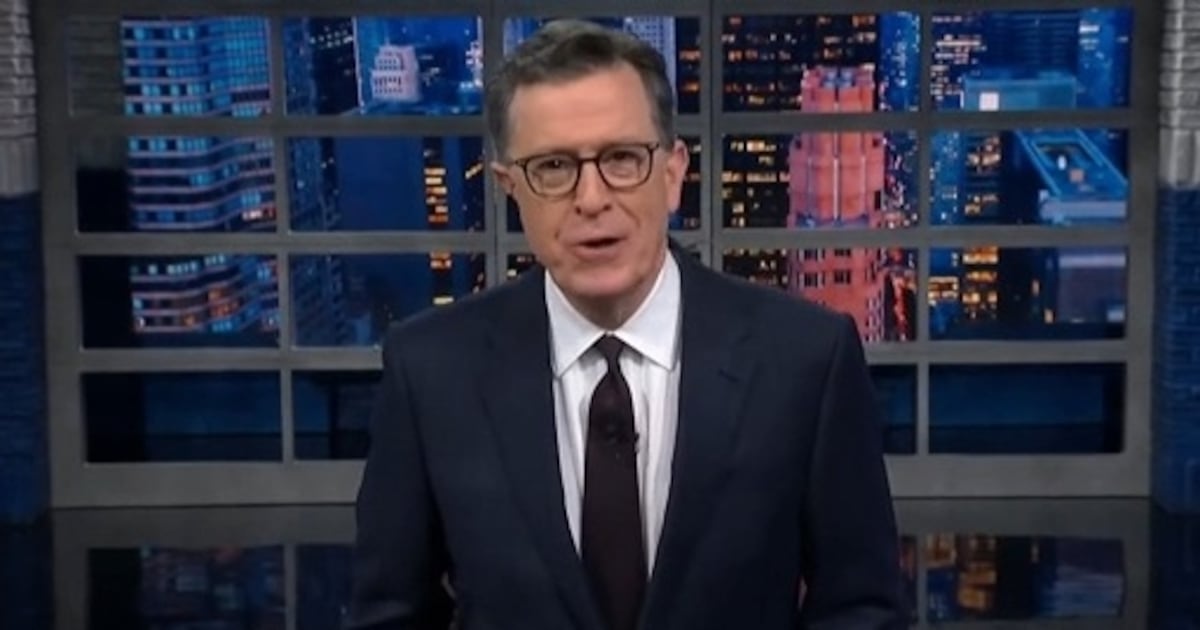Kevin: It is just days until the Oscars ceremony is here and we will finally get to see what particular brand of shitstorm will rain down upon us, given the countless ways the Academy and the show’s producers seem to have bungled and made a mess out of the ceremony in the lead-up to Sunday.
Marlow: [Bane voice] “Let the games begin!” Also, let’s pour one out for the eight categories that have been cruelly cut from the live telecast—including Best Film Editing, a pretty integral part to how a movie gets made. The audacity.
Kevin: But now, in an unexpected twist, it might be the voters themselves who are causing absolute mayhem, too. For all 247 weeks this award season has been unfolding, the assumption has been that The Power of the Dog, Jane Campion’s stunning western, would be the obvious Best Picture winner. It would be historic; Netflix would be the first streamer to win, and Campion hasn’t been in the race since The Piano in 1994. It also is, like, very good. A high-prestige, artsy, consensus pick. Wow. Give it the golden statue. Easy-peasy.
Marlow: Alfonso Cuarón’s Roma should have been Netflix’s/streaming’s first Best Picture winner, but alas, I digress. I wasn’t as high as others on The Power of the Dog, whose lack of subtlety and New Zealand setting threw me, but am a huge Campion fan and agree that it was very skillfully directed.
Kevin: But in these last weeks as Academy voting was underway, that narrative has been completely upended by Apple TV+’s CODA, the little Sundance movie that could. As much of an underdog as a film that was bought for $25 million by one of the biggest tech companies in the world can be, most pundits assumed that the sweet, crowd-pleasing film had made it into the Best Picture race based on its feel-good story and groundbreaking representation of the deaf community, and should just be happy to be there among the category’s other power hitters.
Marlow: And I think that says a lot about those pundits.
Kevin: Yet in recent weeks it has swept what are considered major Best Picture bellwethers, including the SAG Best Ensemble prize and the PGA trophy. This was never supposed to happen, and some Oscar purists are aghast that CODA, heartwarming as it is, could be this year’s big winner. My beloved lil’ tearjerker is even being branded the much-feared Oscar “villain” because of this late-breaking surge. Marlow, has everyone lost their minds? Would a CODA Best Picture win really be that bad?
Marlow: Not at all. Look, it wouldn’t be my choice—of the nominees, that would be Paul Thomas Anderson’s sweet coming-of-age story Licorice Pizza—but the way that some pundits are treating CODA like this year’s Green Book is bizarre. It’s a perfectly fine, heartstring-tugging (yes, to an at times cloying degree) tale of a hearing girl in a deaf family chasing her dreams of being a singer, and features a number of top-notch performances (how Emilia Jones wasn’t recognized by the Academy given all the film’s other noms is beyond me). What it is not is a racially regressive drama diminishing the legacy of an influential Black artist in Don Shirley, drawing condemnation from members of his family, while elevating that of his silly driver, who at one point teaches Shirley how to eat fried chicken. CODA is a far cry from that. If anything, it’s the opposite, telling a story that’s often overlooked by ableist Hollywood. Are people becoming too cynical when it comes to these types of feel-good movies? We saw a similar critical backlash online to Wes Anderson’s The French Dispatch.
Kevin: It doesn’t stop there! I’ve seen it compared to maybe the only modern film that might be considered an even more reviled Oscar villain than Green Book: Crash. The lunacy!
Marlow: The movie that spent one of its main threads rehabbing the image of a deeply racist cop who molested Thandiwe Newton? Oh my.
Kevin: Or… maybe not. If you look at the parallels at face value, without the outsized emotion that has ballooned over the years about Crash, there are at least similar trajectories. In 2006, Brokeback Mountain was all-but crowned Best Picture heading into Oscar night, but it was Crash that was called out instead—a shock to everyone in the audience, including the winning Crash team, and immediately it was assumed that bigotry prevailed over the “gay cowboy” movie.
Marlow: I think many of the Academy’s old, white, male voters (you know, the Sam Elliott demo) weren’t ready to give it to the “gay cowboy” movie that year and instead handed the hardware over to the race-relations saga that made them feel better about themselves. The late Heath Ledger should have won the Best Actor Oscar that year too, for what it’s worth! R.I.P. King.
Kevin: Now, it’s CODA that’s come out of nowhere and could take over another western with LGBTQ+ themes, something that, as Sam Elliott so ineloquently vomited earlier this month, not all voters are comfortable with… still, in the year 2022. Of course, as critic Owen Gleiberman pointed out on Twitter, the problem with drawing this connection is that, “CODA is a terrific movie… and ‘Crash’ was a terrible movie!”

Kodi Smit-McPhee and Benedict Cumberbatch in The Power of the Dog
NetflixMarlow: Crash is a pretty bad melodrama packed with some fine performances, including those from Terrence Howard, Michael Pena, and Shaun Toub. Also, it’s not CODA’s fault that Jane Campion has alienated a number of Academy voting demos in recent weeks—first by calling Elliott a “bitch” for his backwards analysis (while I agree the comments were beyond stupid, her response won’t play well with older voters and the whole unfortunate situation was probably best ignored), and then with her ignorant statement about Venus and Serena Williams during the Critics’ Choice Awards.
Kevin: Yet there are even those who rebut that notion as revisionist; when Crash first premiered, it was largely well-reviewed. History hasn’t been kind to its racial politics—and outrage over its win exacerbated that—but it was hardly as panned as we now think of it. Maybe that’s what’s happening all over again. Some critics are so annoyed that The Power of the Dog may not win that their opinion about and characterization of CODA has become warped.
Marlow: I’m not sure why people are so fanatical over The Power of the Dog, though again I didn’t connect as strongly with it as others. But yes, CODA is not the enemy here, people! Save your vitriol for those that actually deserve it—like, say, Disney and its “Don’t Say Gay” bill catastrophe. Also, pretty cool that the two Best Picture frontrunners this year were both directed by women.
Kevin: It is funny that every year we get so annoyed when it seems set in stone which movie is going to win, and in the last week before the ceremony there is all this drama and, at least, the illusion that the Best Picture race could be unpredictable. There’s so much to unpack about what people—be it voters, critics, or mainstream audiences—want from an Oscar winner. (Plenty of people are still fuming that Spider-Man: No Way Home isn’t the obvious choice, you champion Licorice Pizza, and I don’t understand why we’re having this Power of the Dog vs. CODA debate when West Side Story is right there.) But, silver lining: At least the race has finally become interesting.









